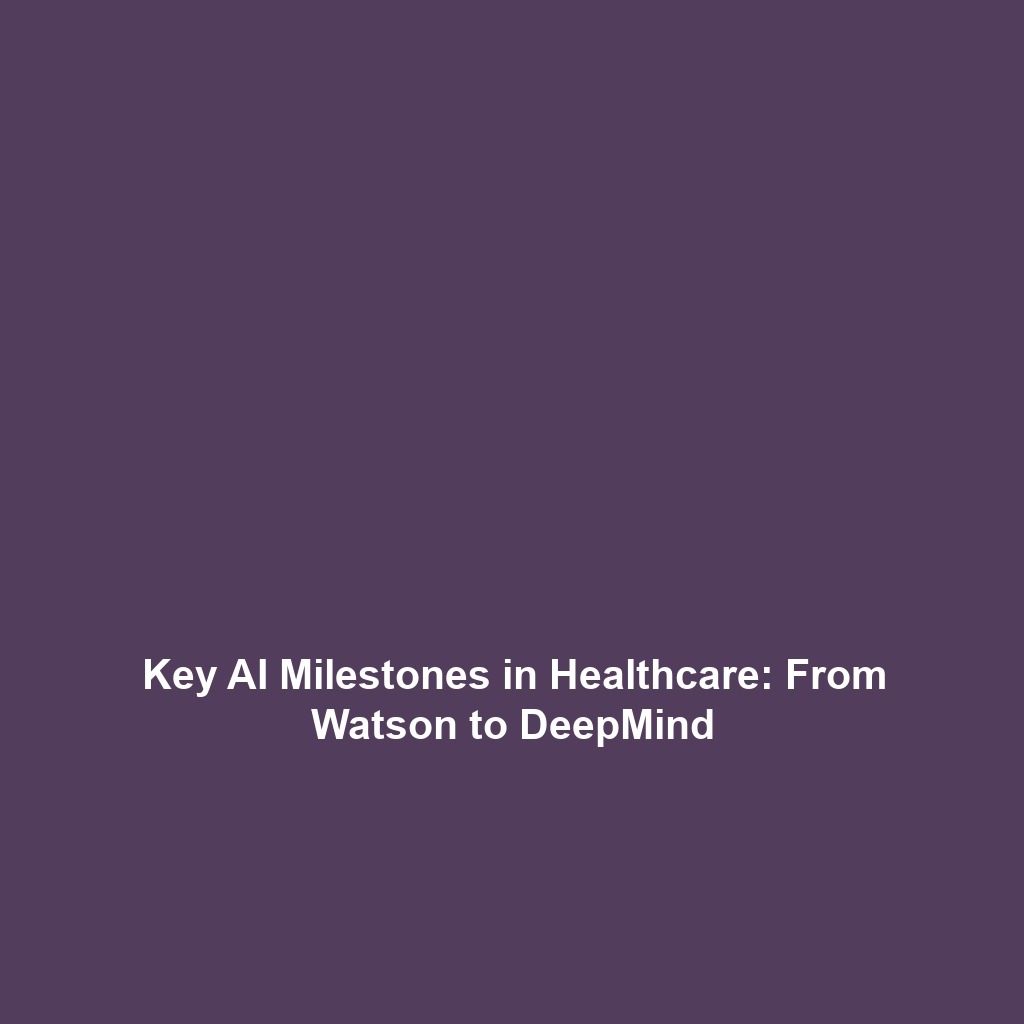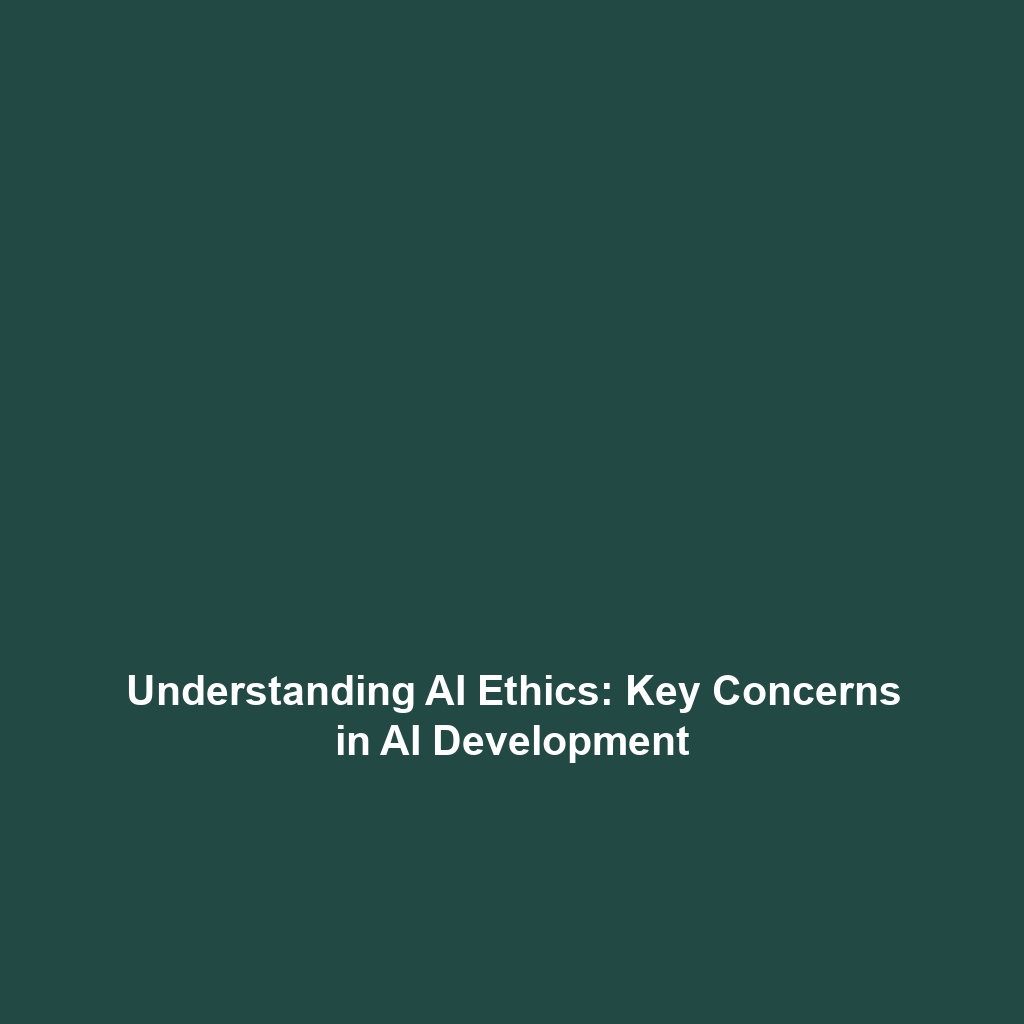The Role of AI in Optimizing Trial Protocols and Monitoring Outcomes
Introduction
The integration of Artificial Intelligence (AI) in healthcare has revolutionized various aspects of medical research and clinical trials. Specifically, the role of AI in optimizing trial protocols and monitoring outcomes is significant as it enhances efficiency and accuracy in the research process. This advancement not only improves patient care but also accelerates the delivery of effective treatments to market. As healthcare continues to embrace AI technologies, understanding how these tools influence trial design and outcome assessment is crucial for stakeholders across the sector.
Key Concepts
To fully appreciate the role of AI in optimizing trial protocols and monitoring outcomes, it is essential to grasp several key concepts:
- Trial Protocol Optimization: AI algorithms analyze vast datasets to identify optimal trial designs, enabling researchers to select appropriate patient cohorts and streamline study processes.
- Outcome Monitoring: AI systems provide real-time data analysis, allowing for dynamic monitoring of trial outcomes and early identification of adverse events.
- Personalized Medicine: Through AI, trials can be tailored to individual patient characteristics, promoting efficacy and safety in treatments.
Applications and Real-World Uses
The applications of AI in optimizing trial protocols and monitoring outcomes are vast and impactful. Here are some notable examples:
- Data Mining: AI technologies are harnessed to mine existing data from previous trials, identifying patterns that can inform future studies.
- Patient Recruitment: AI tools enhance the recruitment process by matching patients with suitable trials more effectively than traditional methods.
- Predictive Analytics: Using historical data, AI models can predict outcomes and patient responses, potentially improving trial success rates.
Current Challenges
Despite the promising benefits, several challenges hinder the broader application of AI in trial optimization and outcome monitoring:
- Data Privacy: Concerns about patient confidentiality and data protection remain prevalent.
- Complexity of Algorithms: Many AI models function as “black boxes,” making it difficult for researchers to understand their decision-making processes.
- Regulatory Hurdles: The integration of AI technologies must navigate complex regulatory landscapes that can slow down innovation.
Future Research and Innovations
Looking ahead, the future of AI in optimizing trial protocols and monitoring outcomes appears bright. Innovations on the horizon include:
- Next-Generation Sequencing: Advances in genomic research will allow AI to tailor trial protocols more precisely.
- Wearable Technology: Integrating AI with wearable health technology can provide continuous patient monitoring during trials.
- AI-driven Decision Support Systems: These systems are expected to assist researchers and clinicians in making informed choices based on real-time data analysis.
Conclusion
In conclusion, the role of AI in optimizing trial protocols and monitoring outcomes stands as a transformative force in the healthcare landscape. As the technology continues to evolve, it promises to enhance the efficiency and effectiveness of clinical trials, ultimately leading to better patient outcomes. For healthcare professionals and researchers, embracing AI technologies will be essential to keep pace with future developments. For further insights into AI’s impact on healthcare, explore our related articles on personalized medicine and data security in clinical trials.








